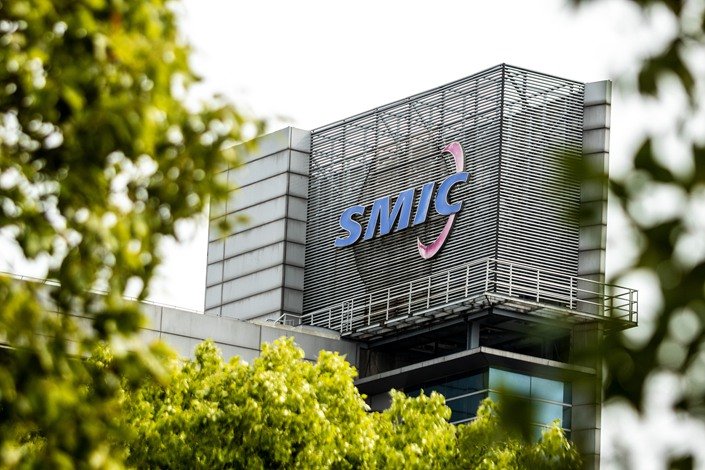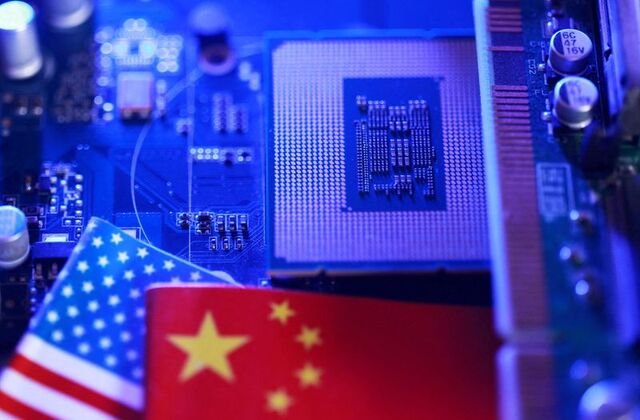
Foxconn’s Tamil Nadu factory is a key part of India’s iPhone production.
Chinese workers on Foxconn on Foxconn India impact
Recently a news has caught the attention of the media. Along with this, reports said that Taiwan’s electronics manufacturing giant Foxconn has decided to call back its Chinese employees. But this news naturally raised a question whether this will have any negative impact on Foxconn’s huge operations in India. The Indian government and industry experts seem to be very clear and confident in this matter. They believe that this move will not have any major or long-term impact on Indian operations. Also, this incident highlights the strength of India’s growing manufacturing ecosystem and the vision of Aatmanirbhar Bharat.
Who is Foxconn and what is its role in India?
Foxconn India impact formally known as Hon Hai Precision Industry Co. Ltd., is one of the largest electronics manufacturing companies in the world. The thing is that its most prominent identity is being Apple’s major assembly partner. Also, most of the iPhones sold around the world are made in Foxconn factories. Foxconn has rapidly increased production in India in the last few years. It has large manufacturing units in states like Tamil Nadu, Karnataka and Telangana. The company is also a major beneficiary of the Production Linked Incentive (PLI) scheme of the Government of India. Also, the aim of this scheme is to establish India as a global manufacturing hub.
What is the truth of the news of the return of Chinese employees?
According to media reports, Foxconn has called back some of its Chinese employees, especially those involved in senior management and technical supervision roles, to China. Two things have come to the fore as the main reason for this. Foxconn has had to revise its production targets due to the slowdown in global demand due to the reduction in production, especially in the smartphone segment. In such things, the need for technical supervision has also decreased. Along with the pressure of localization, the Government of India is constantly pressuring multinational companies to make their operations Indian.
This includes giving opportunities to Indian professionals in management roles and developing the supply chain locally. For this, it is an important part of the ‘Atmanirbhar Bharat’ initiative. And this return is not a sign of any kind of tension or pullback. But it is a strategic business adjustment made in response to market conditions and local regulations.
Why does India not consider it a big impact?
Indian officials and industry analysts are unanimous on this matter that it will not have any deep impact. There are many solid reasons behind this. Also increasing trust on local talent: Foxconn’s main focus in India is now on training and promoting local talent. Over the past few years, the company has given specialized training to thousands of Indian engineers and technicians. These professionals are now able to efficiently handle those tasks. But for which there was earlier dependence on Chinese experts. This is a healthy transition that is a natural part of the process of any global company merging into the local ecosystem.
Talking about the clear policies of the government, the Indian government has given a clear message through schemes like PLI that it wants complete manufacturing ecosystems and not just assembly units. It also includes local value addition, technology transfer, and domestic employment generation. Companies like Foxconn understand these conditions well and are adapting themselves accordingly. But the return of Chinese workers is a part of this adjustment, not an exodus from India. It also means that the country’s manufacturing ecosystem has now matured enough to reduce its dependence on foreign expertise and move forward on the strength of indigenous talent. For India, this is a pleasant and welcome step towards self-reliance.
Talking about a different strategy from China
Foxconn’s India model is intrinsically different from its China model. China, the company had a decades-old ecosystem, readily available technical manpower, and established supply chains to work on a massive scale. In India, the company is building a nascent ecosystem. In the initial phase, technical expertise is required for complex machinery setup and process streamlining. For which some expatriates are needed. Once the processes are established and the local staff is trained, the role of those expatriates naturally reduces.
Changes in the global supply chain on Foxconn India impact
The COVID-19 pandemic and geopolitical tensions with China have taught global companies an important lesson. It is imperative to diversify their manufacturing bases. India has emerged as a key beneficiary under this China +1 strategy. Foxconn’s customers such as Apple clearly want a significant portion of their manufacturing to take place outside China, particularly in India. Hence, it is a strategic imperative for Foxconn to invest and increase production in India, not a choice. The return of a few employees cannot change this larger strategy.
Conclusion India’s emergence as a mature manufacturing destination
The news of the return of Chinese workers needs to be seen as part of a larger trend rather than an isolated incident. This trend also points to the steady maturation of India’s manufacturing landscape. But this incident shows that India is no longer just a source of cheap labour. Rather, it is becoming a destination where high-quality engineering talent is available. Which can be trained world-class and matched to the needs of global supply chains. Government policy support is further accelerating this transformation. Also, Foxconn’s short-term adjustment does not affect the long-term commitment. The company has announced massive investments for new plants in India and local hiring is being promoted aggressively. Ultimately, this development is a positive sign for India.






